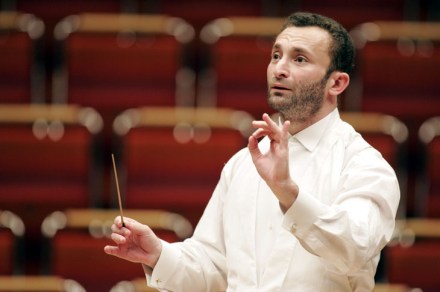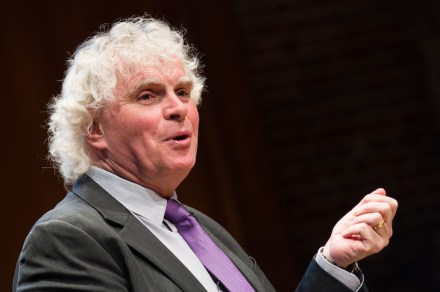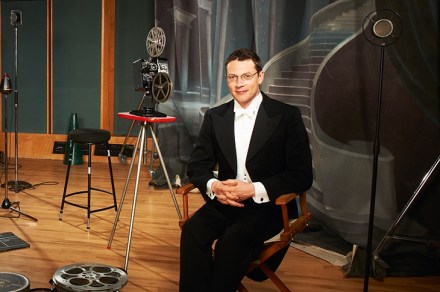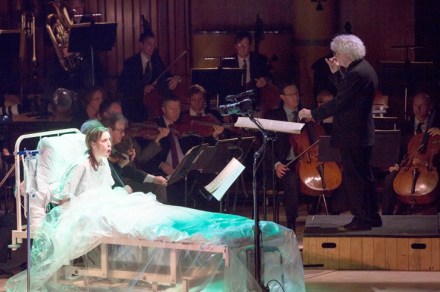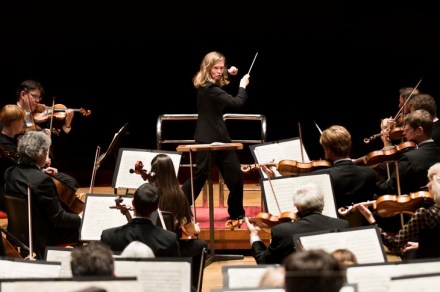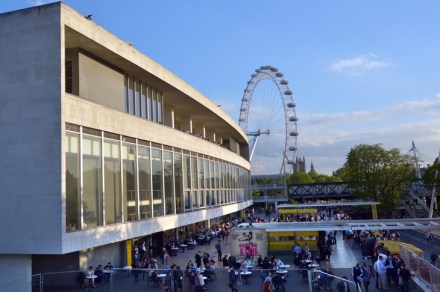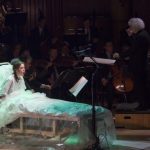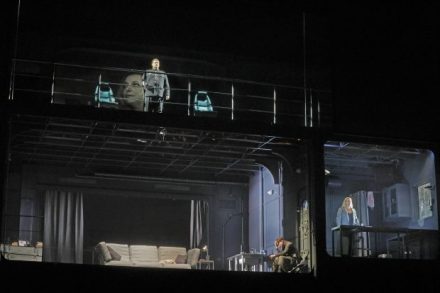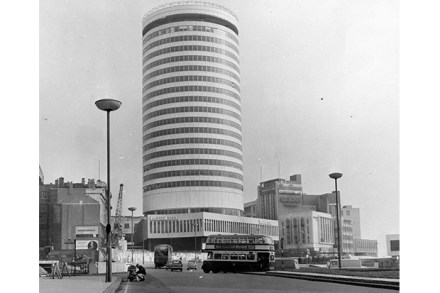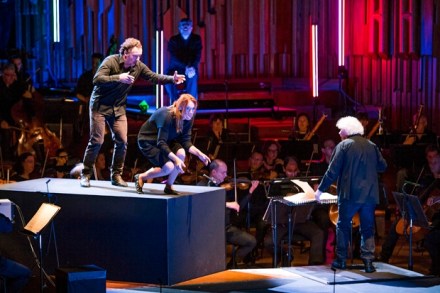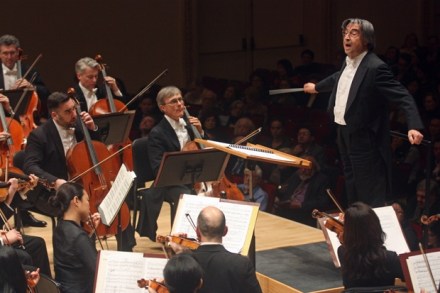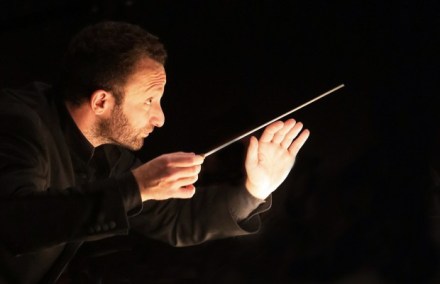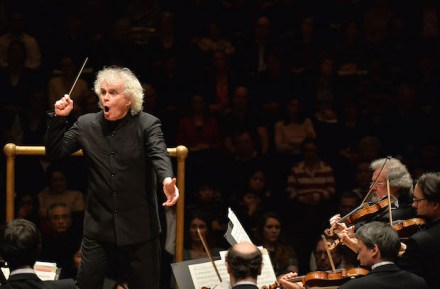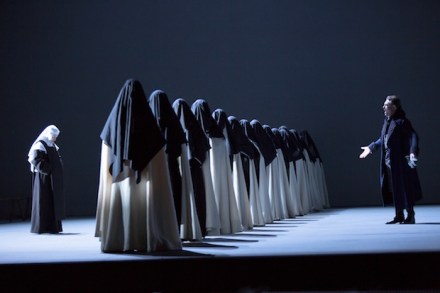Who is Kirill Petrenko?
Two summers ago, the BBC were offered a Proms visit by the Bavarian State Orchestra with its music director, Kirill Petrenko. The conversation went something like this. BBC: ‘Petrenko, isn’t he the chap that conducts Liverpool?’ Munich: ‘No, that’s Vasily Petrenko. This one is Kirill.’ BBC: ‘Well, we don’t really know about him over here. He won’t sell at the Proms.’ Barely was the snub delivered than Kirill Petrenko was elected music director of the Berlin Philharmonic, the most coveted orchestra on earth, and the music biz had a good laugh at the BBC’s dumb insularity. But let’s not be too beastly to the BBC: its ignorance was universally shared.
